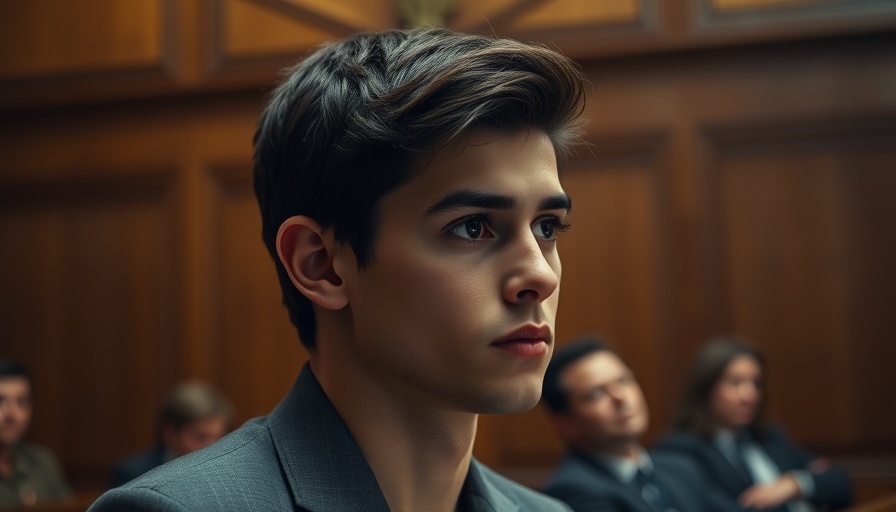
Understanding the Menendez Case: A Tragic Legacy
The Menendez brothers, Lyle and Erik, have captivated public attention since their notorious trial in 1993 for the brutal murder of their parents, José and Mary Menendez. The brothers claimed self-defense, invoking a history of sexual abuse that has sparked ongoing debate about justice and family dynamics. Their latest parole hearings continue to unfold this complex narrative, with fervent reactions from family and supporters alike.
The Family’s Support: A Divided Opinion
During the recent parole hearings, more than a dozen family members testified in favor of the brothers, reflecting their belief in the men’s transformation and rehabilitation over the decades spent behind bars. According to Erik’s stepdaughter, Talia, the family has endured “decades of torture” and expressed anger over the denial of their request for freedom. Family support highlights a key aspect of the case: the concept of forgiveness and the complexity of familial relationships, even in the face of incomprehensible actions.
Public Perception: The Influence of Media
The case has seen a resurgence in interest, primarily fueled by modern media portrayals. Notably, the Netflix series "Monsters," differing from factual recounts, has injected a new perspective into public consciousness. While some viewers were introduced to the case's nuances, others reacted with alarm to sensational narratives, including unsubstantiated claims of incest between the brothers. This illustration of media’s power in shaping public perception raises questions about the responsibility of storytellers.
Key Insights from the Hearings: What We Learned
This week's parole decisions keep both Erik and Lyle Menendez behind bars for at least three more years, a ruling that emphasizes the difficulties they face in convincing authorities of their rehabilitation. The presiding commissioner pointedly stated Erik's behavior as a prisoner, including past contraband violations, as a factor against parole. These evaluations underscore a crucial element of the criminal justice system: rehabilitation versus punishment.
The Broader Implications: Crime and Punishment in America
The Menendez hearings invite reflection on larger societal themes, such as the effectiveness of rehabilitation in the penal system, the measurement of ‘model prisoner’ behavior, and how families navigate the repercussions of crime. The public is left to ponder not only the individuals involved but also the systemic challenges that affect similar cases.
Looking Ahead: Possible Outcomes and Future Trends
As the Menendez brothers await their next opportunity for parole, public interest remains high. Will new generations continue to advocate for their release? What role will social media play in shaping future hearings? These questions loom large as we engage with the ongoing saga, emphasizing the need for continued dialogue on crime, justice, and the human experience.
Call to Action: Engage and Reflect
As the Menendez case revisits news cycles, it serves as a reminder of the profound impacts of crime on families and societies. Engage in conversations about justice, familial loyalty, and the role of media in shaping our understanding. Stay informed on updates related to high-profile cases and consider how they reflect broader societal issues.
 Add Element
Add Element  Add Row
Add Row 



Write A Comment